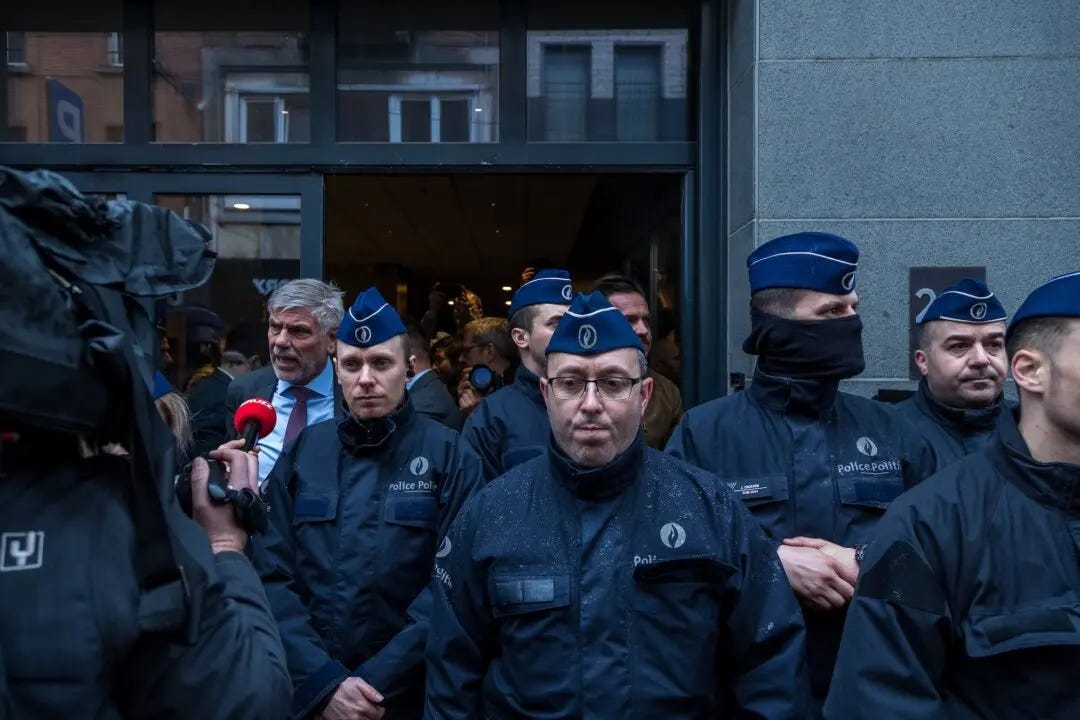Here we are. We had been waiting for this moment for a while, and now the die is cast: like Renzi and Salvini before her, now Meloni, at the peak of her popularity, finds a way to request “full powers” in a softened manner with the appeal of “judge my performance and just write Giorgia.”
The psychological mechanisms Power activates in people’s minds are fairly clear by now, and leaders, especially those surrounded by a tight circle of loyalists unable to criticize, are highly prone to straying off course.
Meloni wants to turn the European elections into a referendum on her performance, but electing the European Parliament is another matter entirely. The performance of a government and the work done by a group of MEPs, especially within a group like the European Conservatives and Reformists (ECR), have very little in common. First, because the ECR’s role in the next European institutional setup is unclear, and as things stand, the EPP, S&D, and Renew coalition is likely to remain dominant. Second, no other head of state or government has personally put themselves forward in this European election, except for the Croatian prime minister, as Pagella Politica noted. This can only mean one thing: total political disdain for the EU Parliament.
One crucial point to note is Meloni’s choice not to build a solid party. Without her, FDI is nothing; her name has become even larger in the logo, for instance. The party is still full of questionable figures, and the European election lists are uninspiring. At this point, it would be interesting to ask Italians if they know the party’s symbol—the flame of the Italian Social Movement.
But let’s be clear: Italians have repeatedly shown a sort of aversion to those who set themselves up as saviors of the nation and demand plebiscites. Recent cases are proof of this. It’s obviously too early to say if this is the beginning of the end.
One thing is noteworthy. Unlike Renzi and Salvini, Meloni is characterized by strong ideological consistency. FDI is a party of the so-called social right, shaped by the generation of the ‘70s clashes. The “Fiuggi turning point” is long past, and although the party no longer takes part in neo-fascist “Presente!” celebrations, the ideological continuity is evident. The moderate shift hasn’t happened—just look at the inclusion of pro-life movements in family counseling centers.
Despite this, FDI lacks an establishment that could guide the party through tough times, as seen in the various Pozzolo, Del Mastro, and Donzelli cases. Not to mention the constant gaffes from her brother-in-law Lollobrigida and the Santanchè case.
On a European level, the party—or rather Giorgia—struggles to build a network of relationships capable of wielding real power. So far, the only results have been conferences and events here and there alongside Orbán’s network. For example, in Subiaco, Lollobrigida’s stronghold, the Conservative Values Charter was signed: a sort of document for the Europe of Nations and the safeguarding of Christian values. As far as I know, the Pope hasn’t signed it.

In short, all the conditions for the beginning of the end are in place: Italians who love the leader until they overstep, a party entirely bent on the leader, and the absence of real European allies (if Von der Leyen is a friend, then pizza was invented in Milan). We’ll see how it goes.


